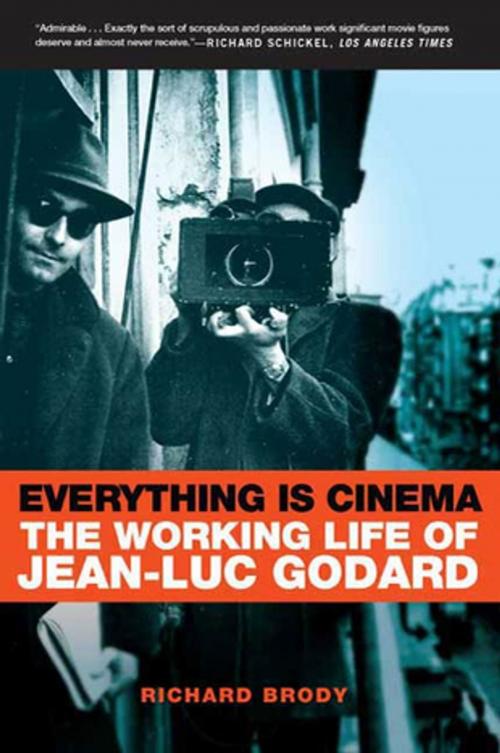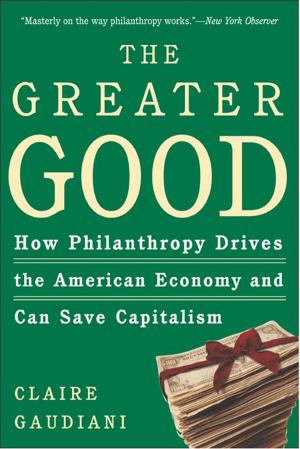Everything Is Cinema
The Working Life of Jean-Luc Godard
Nonfiction, Entertainment, Performing Arts, Biography & Memoir, Entertainment & Performing Arts| Author: | Richard Brody | ISBN: | 9781429924313 |
| Publisher: | Henry Holt and Co. | Publication: | May 13, 2008 |
| Imprint: | Metropolitan Books | Language: | English |
| Author: | Richard Brody |
| ISBN: | 9781429924313 |
| Publisher: | Henry Holt and Co. |
| Publication: | May 13, 2008 |
| Imprint: | Metropolitan Books |
| Language: | English |
A landmark biography explores the crucial resonances among the life, work, and times of one of the most influential filmmakers of our age
When Jean-Luc Godard wed the ideals of filmmaking to the realities of autobiography and current events, he changed the nature of cinema. Unlike any earlier films, Godard's work shifts fluidly from fiction to documentary, from criticism to art. The man himself also projects shifting images—cultural hero, fierce loner, shrewd businessman. Hailed by filmmakers as a—if not the—key influence on cinema, Godard has entered the modern canon, a figure as mysterious as he is indispensable.
In Everything Is Cinema, critic Richard Brody has amassed hundreds of interviews to demystify the elusive director and his work. Paying as much attention to Godard's technical inventions as to the political forces of the postwar world, Brody traces an arc from the director's early critical writing, through his popular success with Breathless, to the grand vision of his later years. He vividly depicts Godard's wealthy conservative family, his fluid politics, and his tumultuous dealings with women and fellow New Wave filmmakers.
Everything Is Cinema confirms Godard's greatness and shows decisively that his films have left their mark on screens everywhere.
A landmark biography explores the crucial resonances among the life, work, and times of one of the most influential filmmakers of our age
When Jean-Luc Godard wed the ideals of filmmaking to the realities of autobiography and current events, he changed the nature of cinema. Unlike any earlier films, Godard's work shifts fluidly from fiction to documentary, from criticism to art. The man himself also projects shifting images—cultural hero, fierce loner, shrewd businessman. Hailed by filmmakers as a—if not the—key influence on cinema, Godard has entered the modern canon, a figure as mysterious as he is indispensable.
In Everything Is Cinema, critic Richard Brody has amassed hundreds of interviews to demystify the elusive director and his work. Paying as much attention to Godard's technical inventions as to the political forces of the postwar world, Brody traces an arc from the director's early critical writing, through his popular success with Breathless, to the grand vision of his later years. He vividly depicts Godard's wealthy conservative family, his fluid politics, and his tumultuous dealings with women and fellow New Wave filmmakers.
Everything Is Cinema confirms Godard's greatness and shows decisively that his films have left their mark on screens everywhere.















